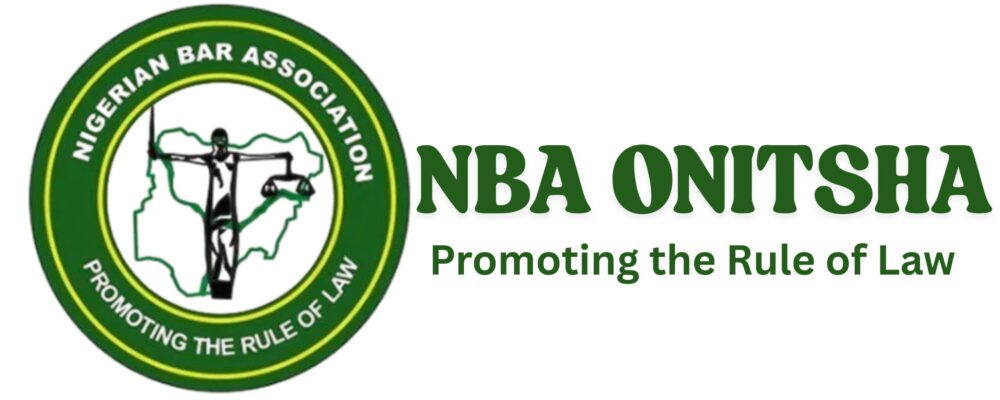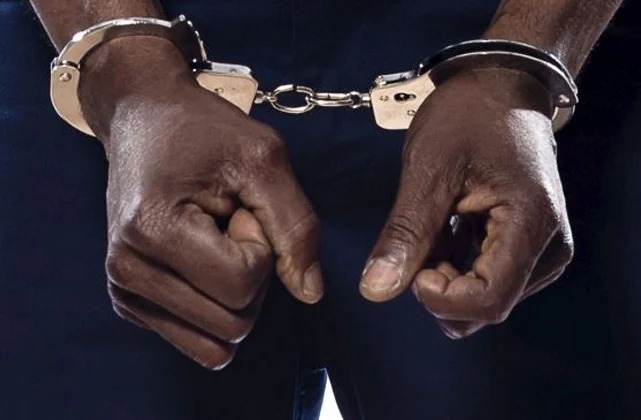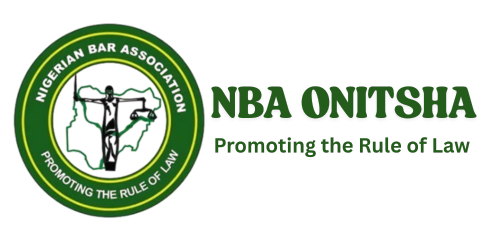Understanding Your Legal Rights During Police Arrests in Nigeria
Being arrested by the police is a stressful and often confusing experience, especially when you’re unaware of your rights. Unfortunately, many Nigerians, particularly in urban centers like Onitsha, are unfamiliar with what the law truly says about police conduct and their own protections under it. Knowing your legal rights isn’t just useful—it’s empowering and could protect you from abuse, unlawful detention, or wrongful prosecution.
This article will break down what every Nigerian should know when encountering law enforcement officers.
1. You Have the Right to Be Informed of the Reason for Your Arrest
Section 35(3) of the 1999 Nigerian Constitution mandates that any person who is arrested must be informed promptly and in a language they understand the reasons for their arrest and the charge (if any) against them.
What This Means:
- The police officer must state the reason for the arrest clearly.
- You cannot be arrested arbitrarily without explanation.
- If you’re not told why you’re being detained, you have the right to ask—and to remain silent until your lawyer is present.
2. You Have the Right to Remain Silent
Popularized in American legal dramas but enshrined in Nigerian law, you are not obligated to speak to the police beyond confirming your identity. Anything you say can be used against you in court.
Why Silence Matters:
- Speaking without legal advice can lead to self-incrimination.
- Misstatements may complicate your case even if you’re innocent.
- Wait for your lawyer to guide your responses.
3. You Have the Right to Legal Representation
Section 36(6)(c) of the Constitution gives every Nigerian the right to consult with a lawyer of their choice. If you cannot afford one, in criminal matters, the government is obliged to provide legal aid.
Key Points:
- You can request to contact your lawyer immediately.
- You should not be interrogated without your lawyer present.
- If denied access to legal counsel, that’s a breach of your fundamental rights.
NBA Onitsha offers pro bono legal services and can help link individuals in police custody to legal practitioners.
4. You Must Be Taken to Court Within 24–48 Hours
According to Section 35(4) of the Constitution, a person who is arrested or detained must be brought before a court of law within:
- 24 hours (if a court is within a 40-kilometer radius), or
- 48 hours in all other cases.
Detaining someone longer without charging them is unlawful.
5. You Cannot Be Forced to Sign a Confession
Many people have reported being coerced into signing confessions during arrest or interrogation. The law protects you from this.
What You Should Know:
- Any confession obtained under duress is inadmissible in court.
- You can refuse to sign any statement.
- You may request to make your statement in the presence of your lawyer or a neutral witness.
6. You Have the Right to Dignity and Humane Treatment
Section 34 of the Constitution guarantees your right to dignity. This means:
- No torture, beatings, or inhumane treatment.
- The police must not extort, humiliate, or abuse you during or after arrest.
If you experience any of these, make a report to the Police Complaint Response Unit (CRU) or contact the NBA Onitsha Human Rights Committee.
7. You Are Innocent Until Proven Guilty
This legal presumption (Section 36(5)) ensures that you should be treated as innocent until the court proves otherwise.
This right prevents:
- Public shaming before trial
- Forced apologies or public statements
- Unlawful detention on mere suspicion
8. How to Respond During an Arrest
Knowing your rights is important, but your reaction during an arrest can also influence how the situation unfolds.
Do’s:
- Stay calm and cooperative.
- Ask for the officer’s name and identification.
- Inform someone close to you immediately.
- Politely insist on your right to a lawyer.
Don’ts:
- Don’t resist arrest physically.
- Don’t offer bribes.
- Don’t sign anything under pressure.
9. Reporting Police Misconduct
If your rights are violated, you have the right to seek redress.
- File a complaint with the Police Complaint Response Unit (CRU).
- Visit the nearest NBA Onitsha office to submit a rights violation report.
- Take legal action for unlawful detention or abuse.
Conclusion
Arrests don’t only happen to criminals—they can happen to anyone. Knowing your legal rights is not just for lawyers; it’s a civic necessity. The more informed you are, the better protected you’ll be against abuse of power.
NBA Onitsha remains committed to legal empowerment, civic education, and justice for all. If you or someone you know needs help after an arrest or police encounter, contact our Human Rights Committee immediately.



